Newsletter

Feed-in Tariff for Solar Photovoltaic: Money From the Sun?
Nov 30, 2021
Climate change is the greatest 'market failure' the world has seen. This has stimulated policy makers around the world to turn into renewable energy. As a result, renewable energy is indeed the order of the day and the sun is the most powerful source of energy that God has blessed mankind with.
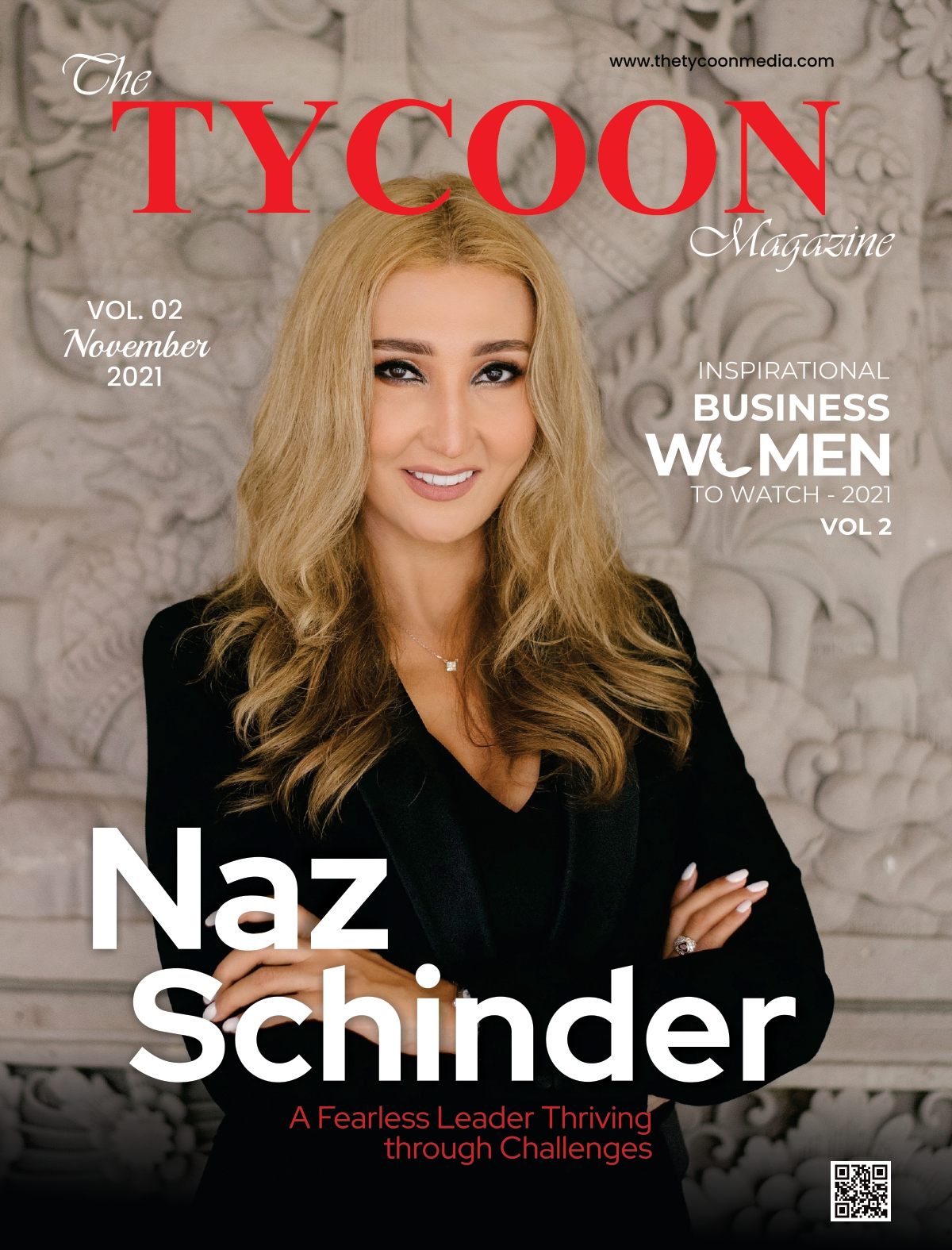
Tycoon Magazine: Naz Schinder, A Fearless Leader Thriving through Challenges
Nov 25, 2021
Deciding to start a business, be an entrepreneur, and change the market landscape is a big bold decision that needs brevity and fearlessness.
Who has the courage to do it? Someone like Naz Schinder. In the early days as an entrepreneur, her bold decisions and out-of-the-box solutions were often questioned and stumbled upon the legal roadblocks, resulting in low efficiency and even tension. Since then, Naz has been proving herself as a lawyer and as a woman leader by solving one problem after another efficiently.

IPO for Companies Involved in Legal Cases
Nov 24, 2021
Every company has the opportunity to conduct an initial public offering (IPO) and list its securities on the Indonesia Stock Exchange (IDX). In the context of an IPO, the company will issue a document called a prospectus, which is a document that contains any written information related to the public offering process that the company is carrying out with the aim to disclose everything about the company to the public before they decide to buy securities. The form and content of the prospectus in the context of a public offering have been regulated in the Financial Services Authority (OJK) regulations.
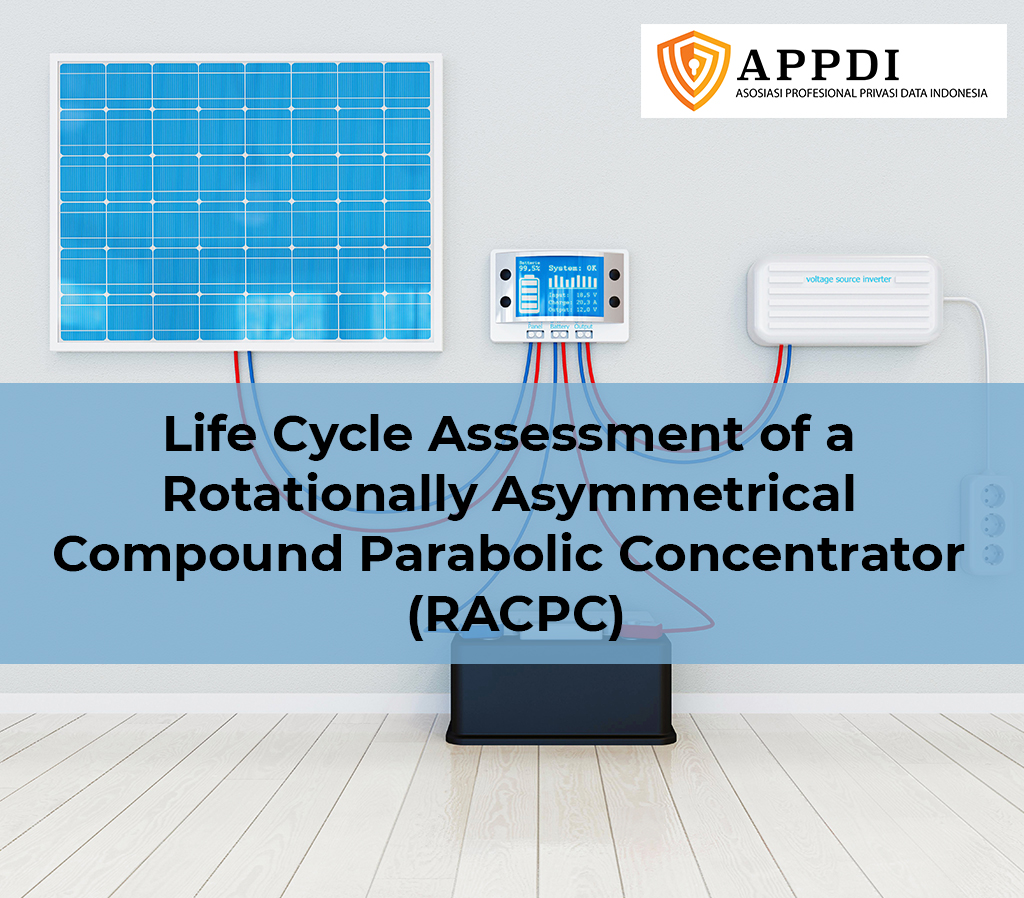
Life Cycle Assessment of a Rotationally Asymmetrical Compound Parabolic Concentrator (RACPC)
Nov 23, 2021
Integrating a concentrator into the building integrated photovoltaic (BIPV) design has resulted in a new technology known as the building integrated concentrating photovoltaic (BICPV). The rotationally asymmetrical compound parabolic concentrator (RACPC) is an example of a concentrator design that has been explored for use in BICPV. This paper evaluates the life cycle assessment (LCA) for the RACPC-PV module, which has never been explored before.

Leaders in Law: Leader in Law of the Year in Indonesia for 2021
Nov 20, 2021
Naz Schinder, the Founder of Schinder Law Firm, is awarded as the Leader in Law of the Year in Indonesia in 2021.
Under her leadership, Schinder Law Firm has become one of the most successful leading law firms in Indonesia and is proficient
in a wide range of legal services with an impressive roster of globally positioned clients.
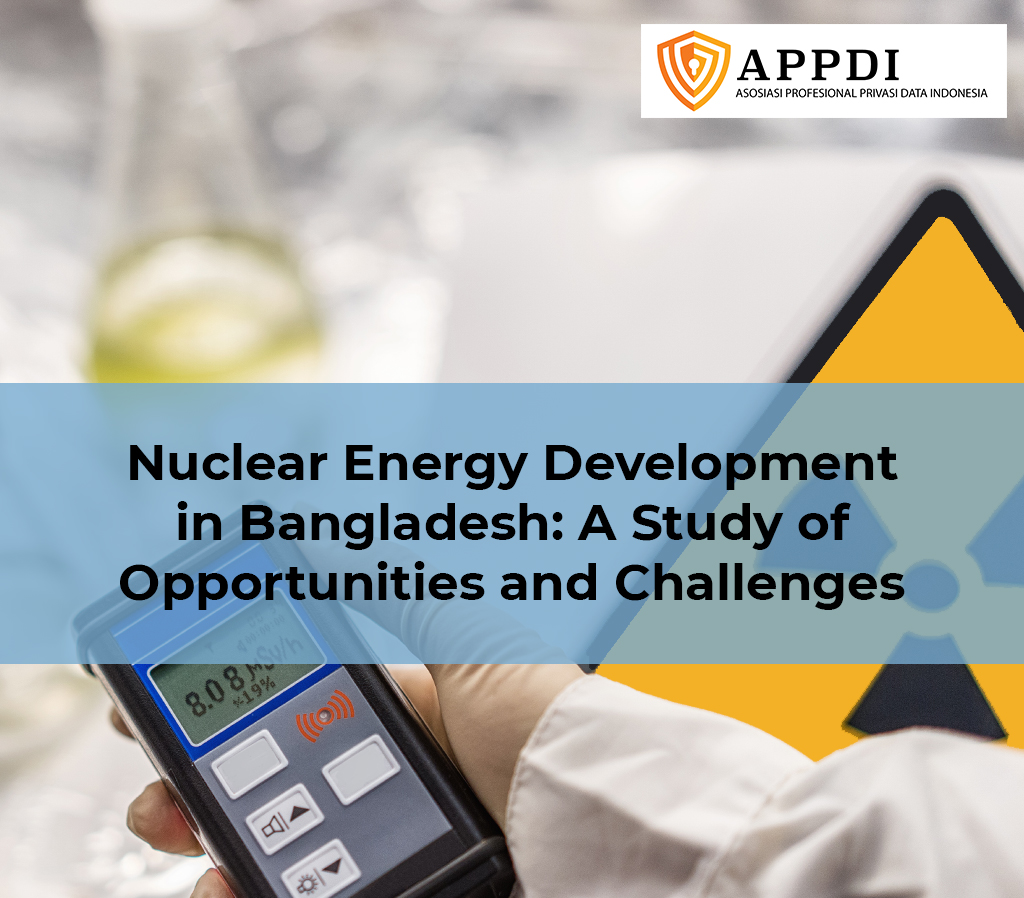
Nuclear Energy Development in Bangladesh: A Study of Opportunities and Challenges
Nov 16, 2021
It is a challenging task for Bangladesh to meet its increasing demand of energy while its economy is rapidly growing. Though prices of oil, coal, and fossil fuels around the world have been volatile, the price trend in Bangladesh demonstrates a persistent rise in the immediate past. This is further exacerbated by depleting reserves of natural gas. Cumulatively, these two effects heighten Bangladesh's energy needs. Bangladesh presently mitigates her energy requirements predominantly through natural gas, supplemented by a handful of coal and furnace oil plants.

Indonesia to Impose Carbon Tax in April 2022, Starting with Coal Power Plants
Nov 11, 2021
Indonesia will begin to tax coal-fired power stations in April 2022 using a tax mechanism based on emission limits, or cap and tax, to start the implementation that will eventually reach all sectors of the economy to reduce national greenhouse gas emissions. Indonesia's carbon tax is a strong signal that will encourage the development of carbon markets/carbon emissions trading, technological innovation, and more efficient and eco-friendly investments in the country.
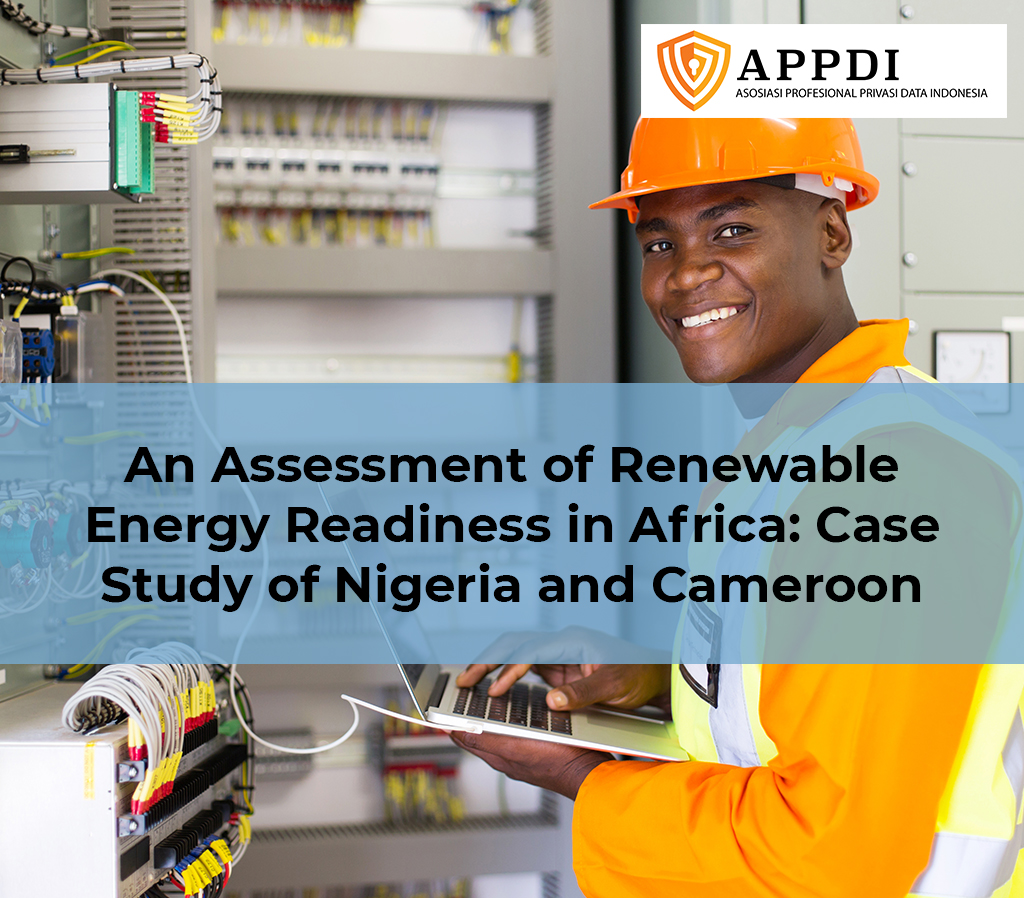
An Assessment of Renewable Energy Readiness in Africa: Case Study of Nigeria and Cameroon
Nov 10, 2021
Africa is blessed with abundant energy sources that can promote economic growth and provide sufficient capacity to meet up with the future electricity demand. This paper evaluates the progress made in renewable energy (RE) development in Nigeria and Cameroon together with the roadmaps for future implementation. Since the early 2000, Nigeria has...
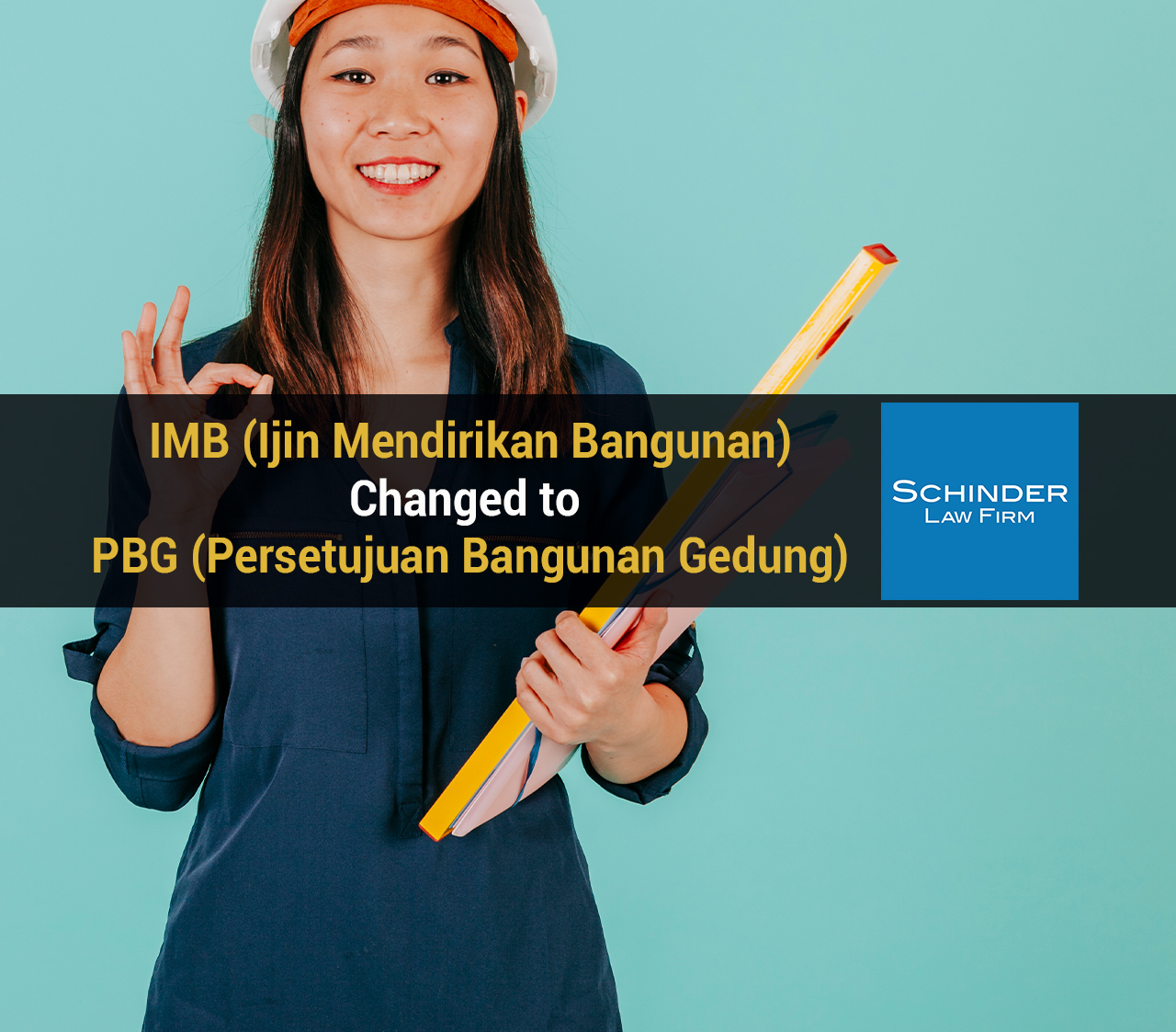
IMB (Ijin Mendirikan Bangunan) Changed to PBG (Persetujuan Bangunan Gedung)
Nov 03, 2021
Law No. 11 of 2020 regarding Job Creation (Law 11 2020) was enacted a year ago and it revised many existing regulations and introduced plenty of new ones. One of the revised issues was regarding building permits. Previously you had to acquire a Building Permit or Izin Mendirikan Bangunan (IMB) to build. However, it has now been changed into Building Approval or Persetujuan Bangunan Gedung (PBG).
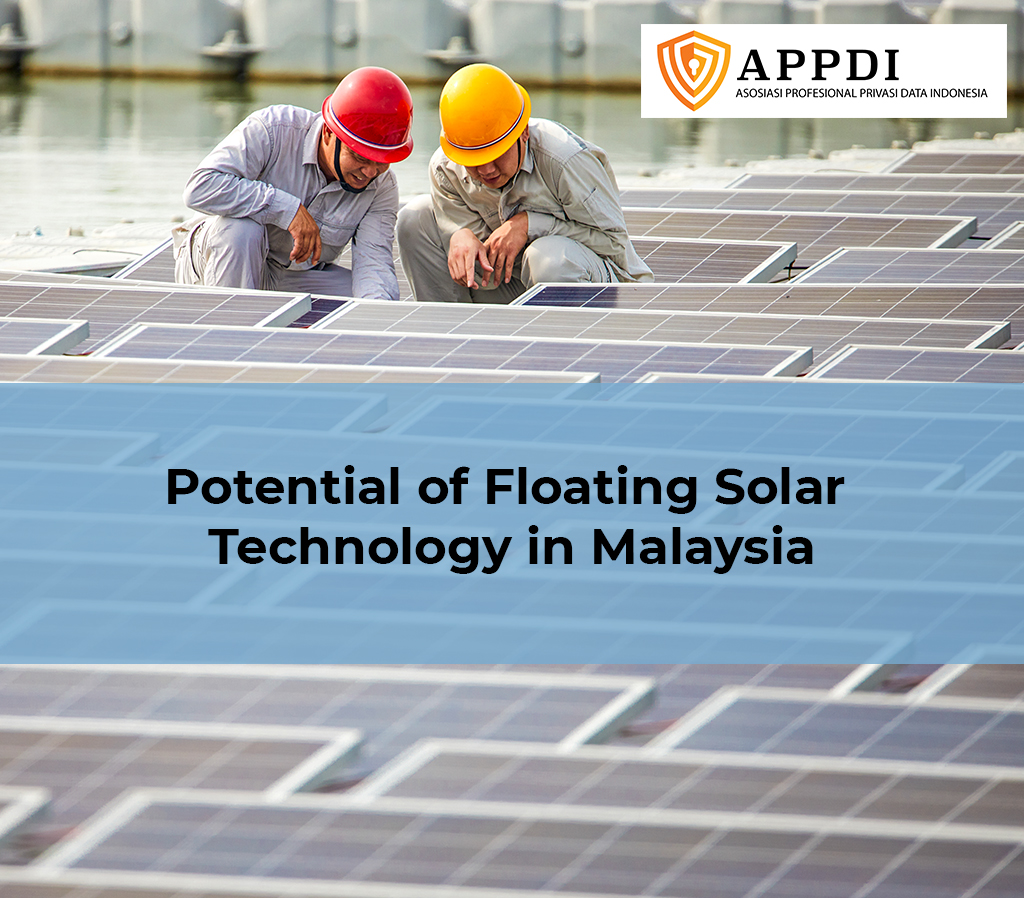
Potential of Floating Solar Technology in Malaysia
Nov 02, 2021
Solar energy is a natural source of energy and is tremendously abundant. The concept of floating solar is to fulfil and to support the existing energy supply in order to enhance the human life. The floating solar exploits the massive availability of ocean region and the severe unavailability of land. The main purpose of this paper is to evaluate the potential of floating solar to be deployed in coastal or infield in Malaysia.